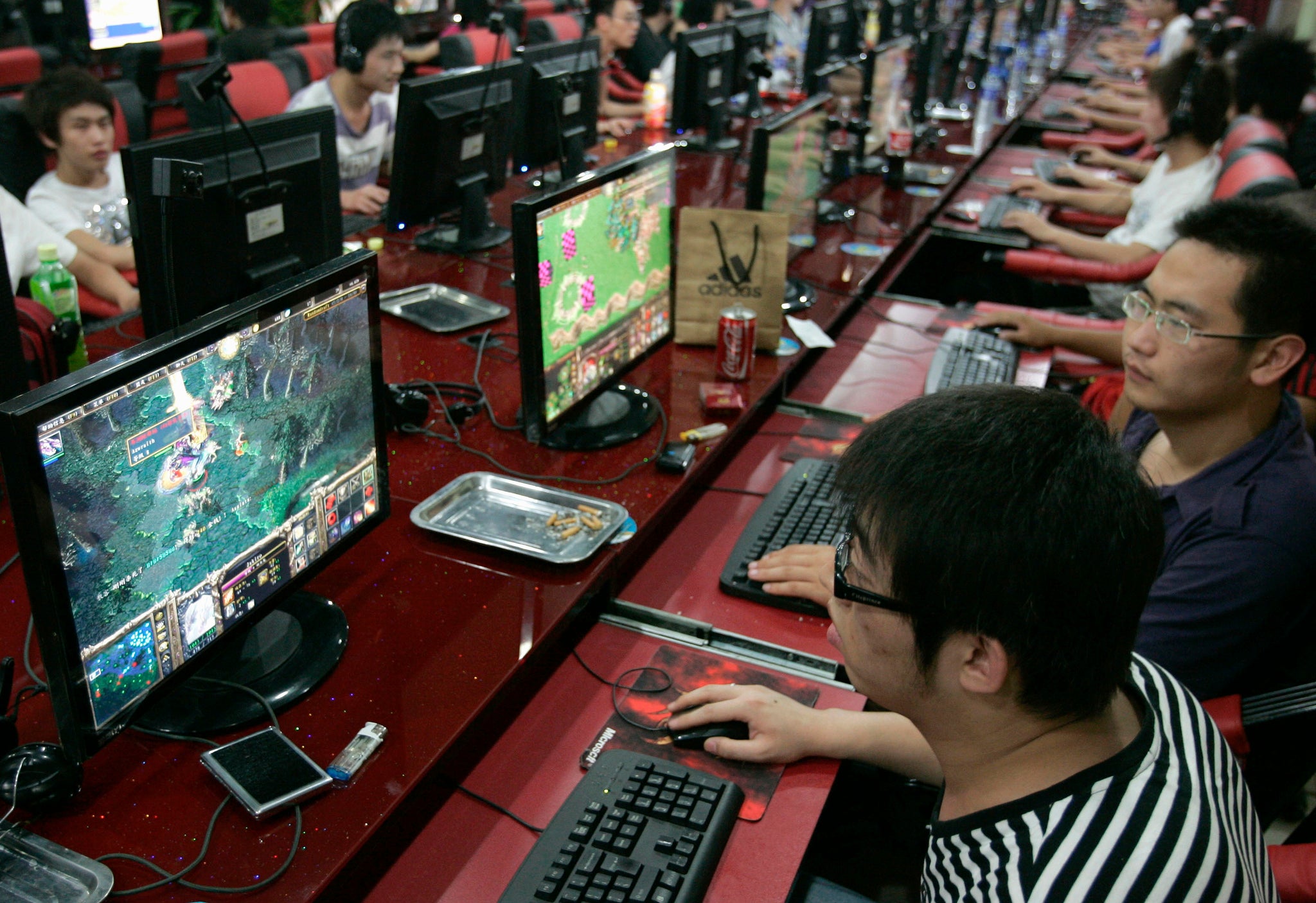China to ban online pseudonyms and parody accounts, as it forces internet users to give their real names
Experts say the ruling will crack down on internet activism

Your support helps us to tell the story
From reproductive rights to climate change to Big Tech, The Independent is on the ground when the story is developing. Whether it's investigating the financials of Elon Musk's pro-Trump PAC or producing our latest documentary, 'The A Word', which shines a light on the American women fighting for reproductive rights, we know how important it is to parse out the facts from the messaging.
At such a critical moment in US history, we need reporters on the ground. Your donation allows us to keep sending journalists to speak to both sides of the story.
The Independent is trusted by Americans across the entire political spectrum. And unlike many other quality news outlets, we choose not to lock Americans out of our reporting and analysis with paywalls. We believe quality journalism should be available to everyone, paid for by those who can afford it.
Your support makes all the difference.Chinese internet users will be forced to use their real names on social media and blogs, in line with a new rule from Chinese internet regulators.
It comes on the back of recent news that the “great firewall”, China’s internet blocks, climbed higher than ever last week with the blocking of the virtual private networks that many use to get to banned sites.
Since 2012, Beijing has required that internet companies keep the real names of some users. But the country has now rolled the rule out to blogs, social media and website comment sections, and will be applied more comprehensively.
Many such websites give internet users their only way of expressing themselves freely, given the strong crackdown on discussion on the internet and elsewhere.
The rules also require internet services for the first time to have users sign a contract that includes a pledge to refrain from "illegal and unhealthy" activity.
The Cyberspace Administration of China, the group that runs the “great firewall”, said that the rules had been instituted to stop “username chaos”. Using parody accounts of famous people such as Putin and Obama promoted “vulgar culture” and helped people commit fraud, the group said in a statement.
Join our commenting forum
Join thought-provoking conversations, follow other Independent readers and see their replies
Comments